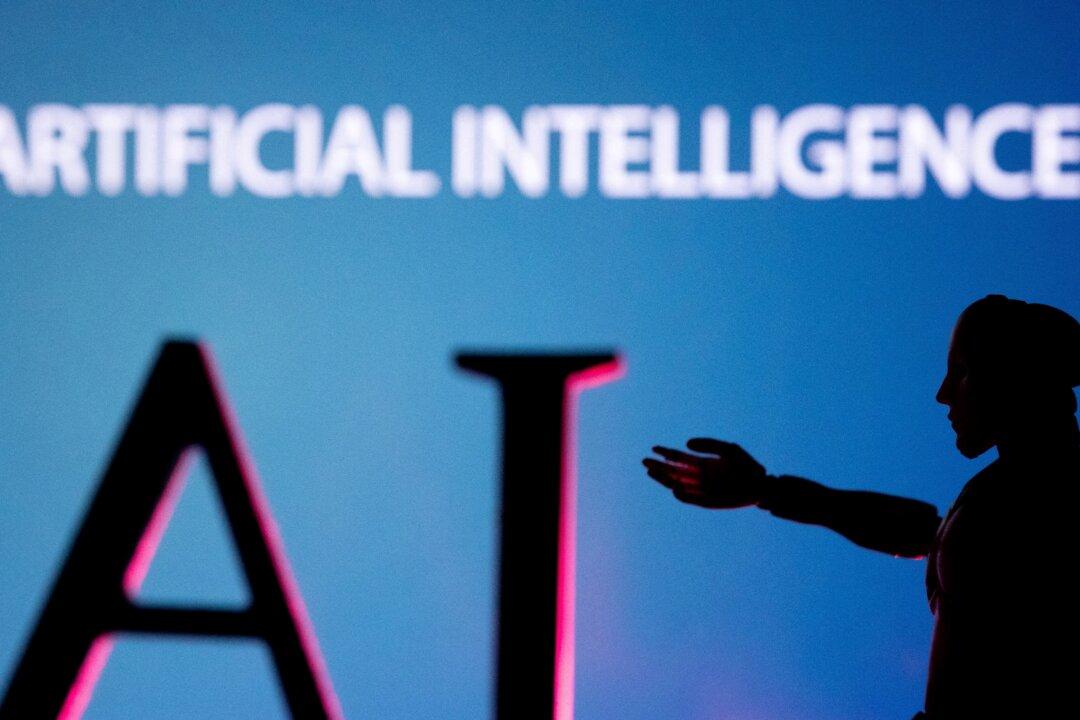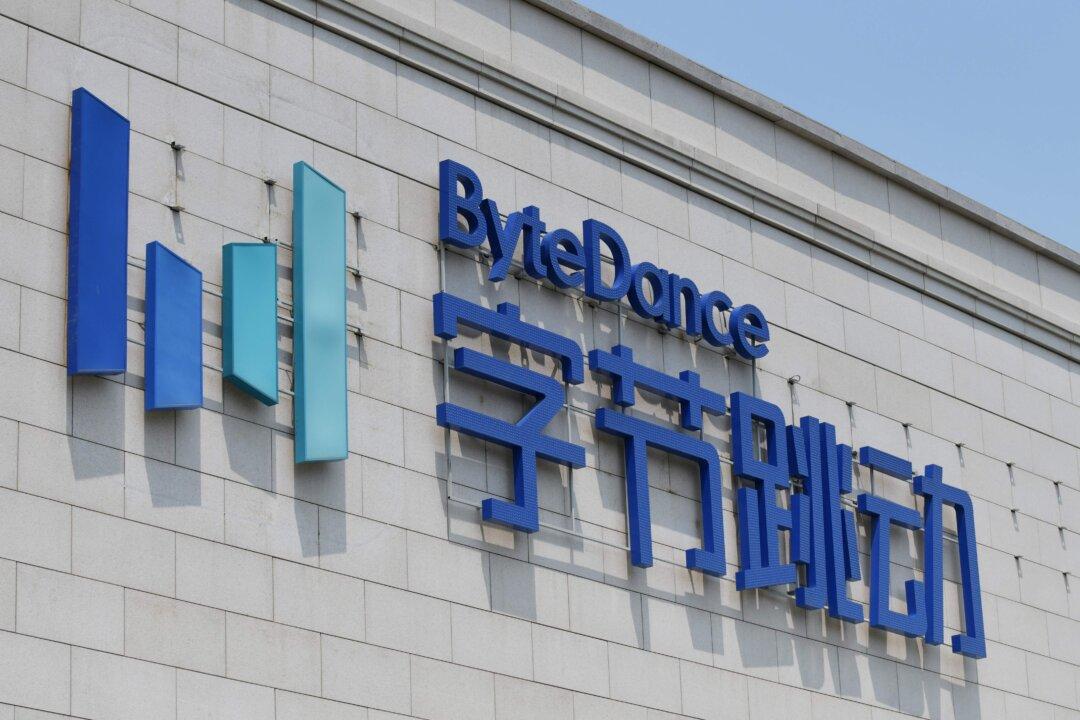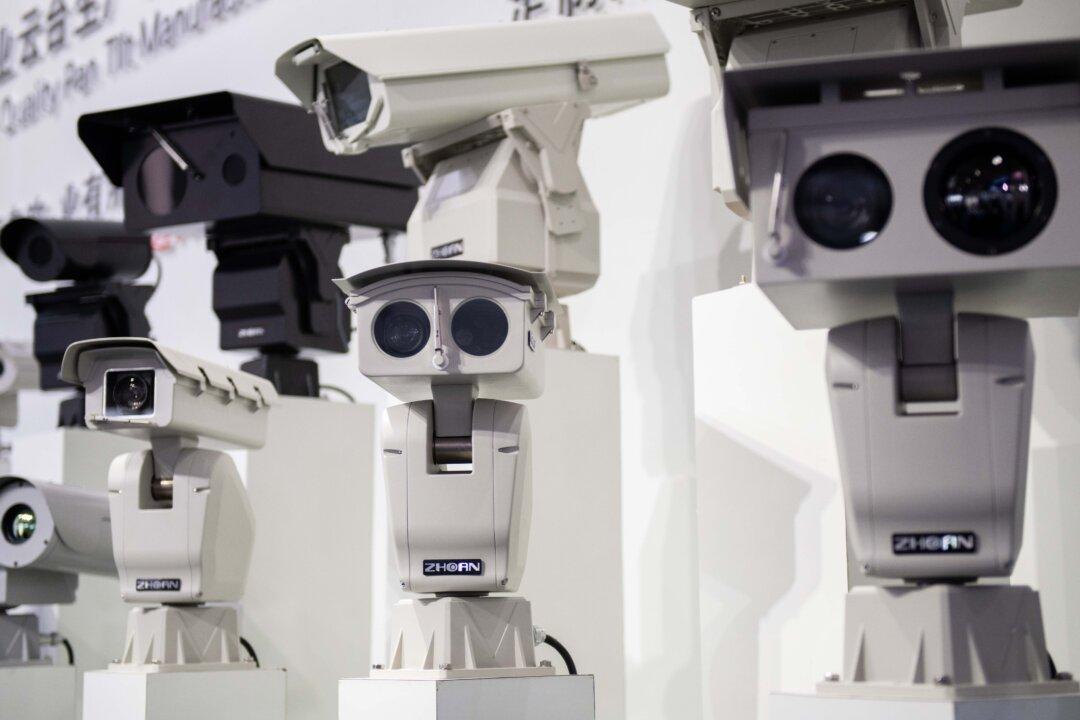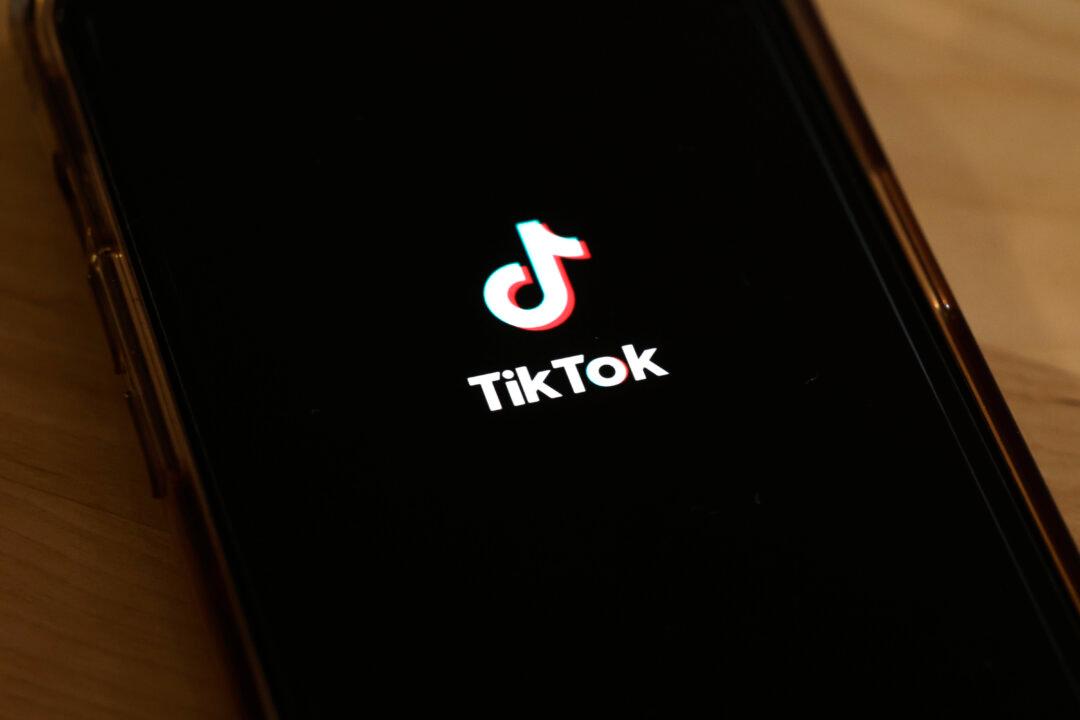Commentary
The biggest generative AI gaffes of late, including Google Gemini’s text-to-image portrayal of “a Pope” as a woman, our Founding Fathers as Asian and black, and text responses suggesting false equivalencies between high-profile individuals such as Elon Musk and the Nazis, make for click-worthy headlines decrying big tech’s “clear bias,” but those don’t even begin to address the larger and more nuanced issue at hand.





